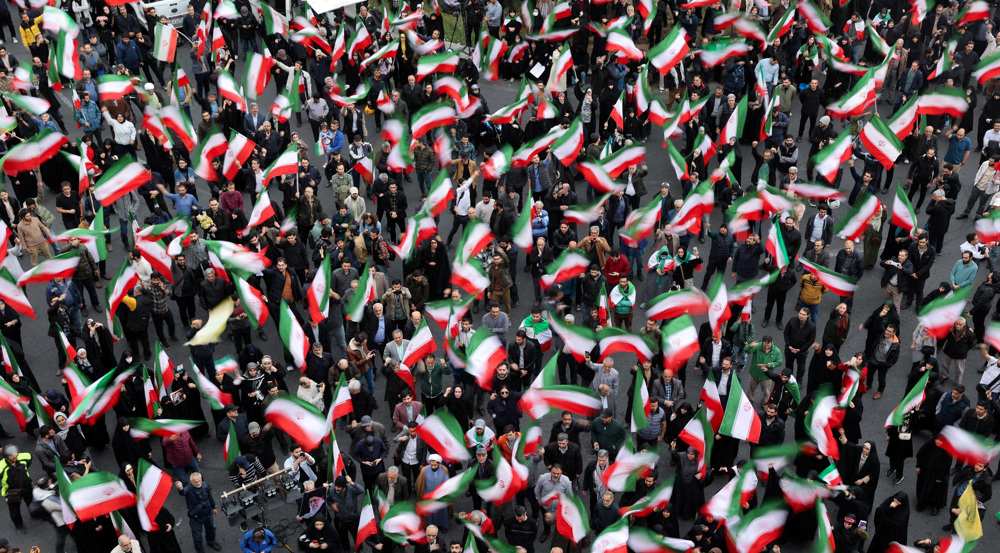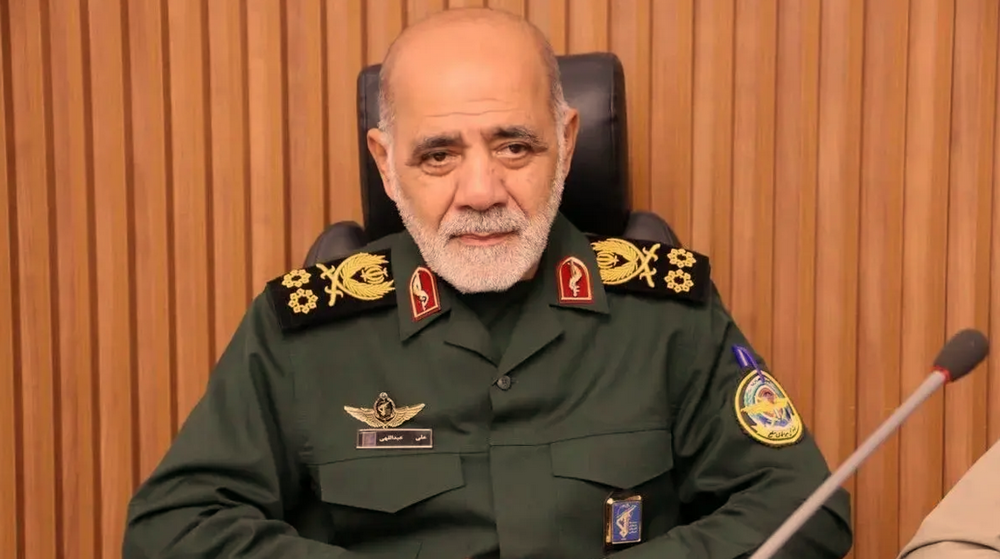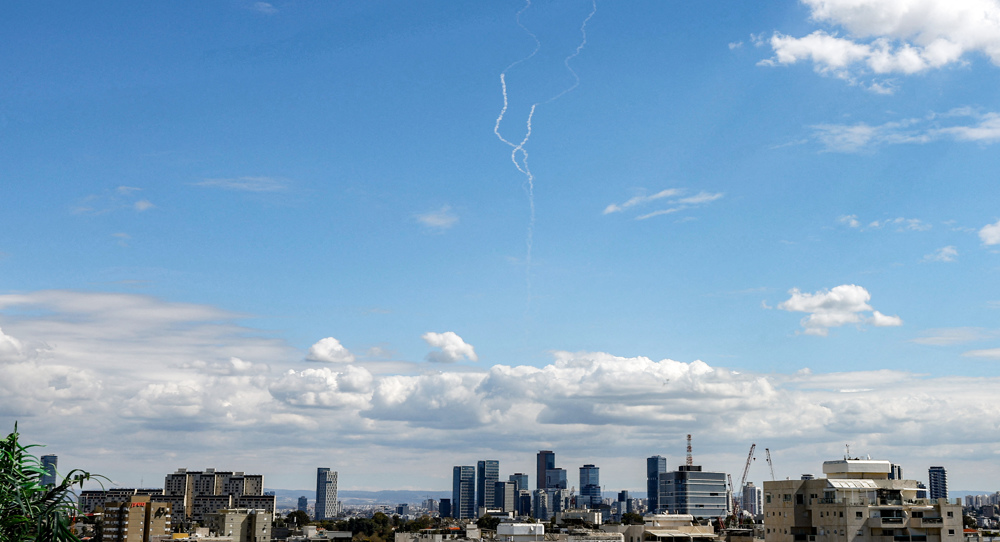Iran will halt JCPOA implementation if sanctions re-imposed: Zarif
Iranian Foreign Minister Mohammad Javad Zarif has warned that the Islamic Republic will halt the implementation of last year’s landmark nuclear agreement between Iran and the P5+1 group of countries if the US sanctions are re-imposed on the country.
Zarif made the remarks while addressing a meeting with Indian intellectuals and elites in New Delhi on Saturday, after the US Senate voted unanimously on Thursday to extend the Iran Sanctions Act (ISA) for 10 years. The bill includes penalties against Iran's banking sector as well as its energy and defense industries. The bill needs to be signed into law by US President Barack Obama.
“If they (the US) return to sanctions, we will not remain committed to the agreement,” the top Iranian diplomat said.
He added that the US Senate's extension of a piece of anti-Iran legislation “shows incredibility of the US government.”
“It is obvious that we have all options and alternatives in Iran [to respond to] the US violation of its commitments,” Zarif pointed out.
The era of the US hegemony has come to an end, he said.
Iran has vowed to take "appropriate measures" against the ISA extension, saying it violated the JCPOA terms.
Iranian President Hassan Rouhani said on Saturday that no move is authorized to undermine the JCPOA which was signed following efforts by seven countries in line with the promotion of international peace and security.
“No country must be allowed to carry out a measure based on its own desires to weaken the agreement,” the Iranian president said, urging all countries to safeguard the achievements of the JCPOA.
The top Iranian nuclear official, Ali Akbar Salehi, who played a leading role in concluding the nuclear deal, said on Friday that the US move was a “blatant violation” of the JCPOA.
Salehi, who is the head of the Atomic Energy Organization of Iran, added that the Islamic Republic was fully prepared to respond to the US Senate's decision to extend the ISA but would act wisely and with prudence.
Iran and the five permanent members of the UN Security Council – the United States, France, Britain, China and Russia – plus Germany started to implement the JCPOA on January 16.
Under the JCPOA, Iran undertook to put limitations on its nuclear program in exchange for the removal of nuclear-related bans imposed against Tehran.
Pezeshkian condemns ‘savage’ US-Israeli attack on school that killed nearly 90
Hezbollah, Ansarullah warn US-Israeli aggression on Iran to engulf entire region
Russia strongly condemns US-Israeli aggression on Iran, calls for UNSC meeting
US, Israel begin another foolhardy military adventure, but it’s Iran that will end it
IRGC launches new wave of retaliatory missile strikes on US bases across region
VIDEO | Iranian flotilla returns after BRICS naval drill in S Africa
Iran FM says school massacre in latest Israeli aggression ‘will not go unanswered’
Iran’s retaliatory attack completely destroys sophisticated US radar system in Qatar










 This makes it easy to access the Press TV website
This makes it easy to access the Press TV website